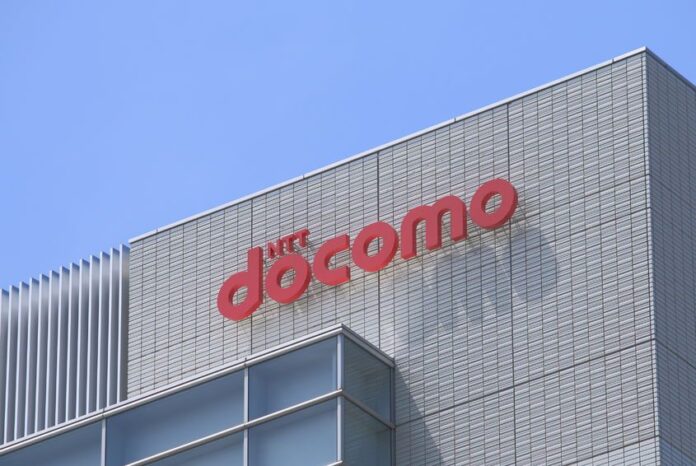NTT DoCoMo currently offers new smartphones for $6
Japan’s telecommunications ministry instructed mobile phone carriers NTT DoCoMo and SoftBank to stop selling smartphones with excessive discounts, according to Japanese press reports. Rival operator KDDI was not included in the telecoms ministry’s instruction.
NTT DoCoMo sells smartphones effectively for 648 yens ($6) per unit with the condition a family buys more than one device at a time. According to the reports, SoftBank is currently returning up to 21,168 yen through discounts in communication fees to customers who switch to the company from a rival operator.
The ministry introduced guidelines in February to rectify excessive smartphone discounts, following a proposal made by a panel of experts. The guidelines allow mobile operators to sell smartphones for free when they need to sell out old stocks or to boost migration from feature phones to smartphones, according to the report. However, the two telcos are currently offering smartphones almost for free in a move to win subscribers from competitors, which according to the telecommunications ministry is a violation of the new rules.
By the end of its third fiscal quarter of 2015, which ended December 31, NTT DoCoMo claimed 36.29 million LTE subscribers, up 28.3% year-over-year. The telco ended 2015 with 126,000 LTE base stations across Japan. NTT DoCoMo said a total of 130,000 LTE base stations will be deployed nationwide by the end of March.
SoftBank ended last year with 31.68 million mobile subscribers, up from 31.17 million in the same period last year. SoftBank offers TDD-LTE and FDD-LTE services across Japan, launching the networks in 2012.
True not allowed to participate in re-auction of 900 MHz spectrum
In other APAC news, Thailand’s telecom regulator confirmed it will not allow mobile operator True Corp to participate in the re-auction of 900 MHz spectrum, which is scheduled to begin June 24.
True obtained one of two 900 MHz licenses auctioned last December, while start-up Jas Mobile won the other concession, but failed to obtain the required financing to pay for the spectrum.

